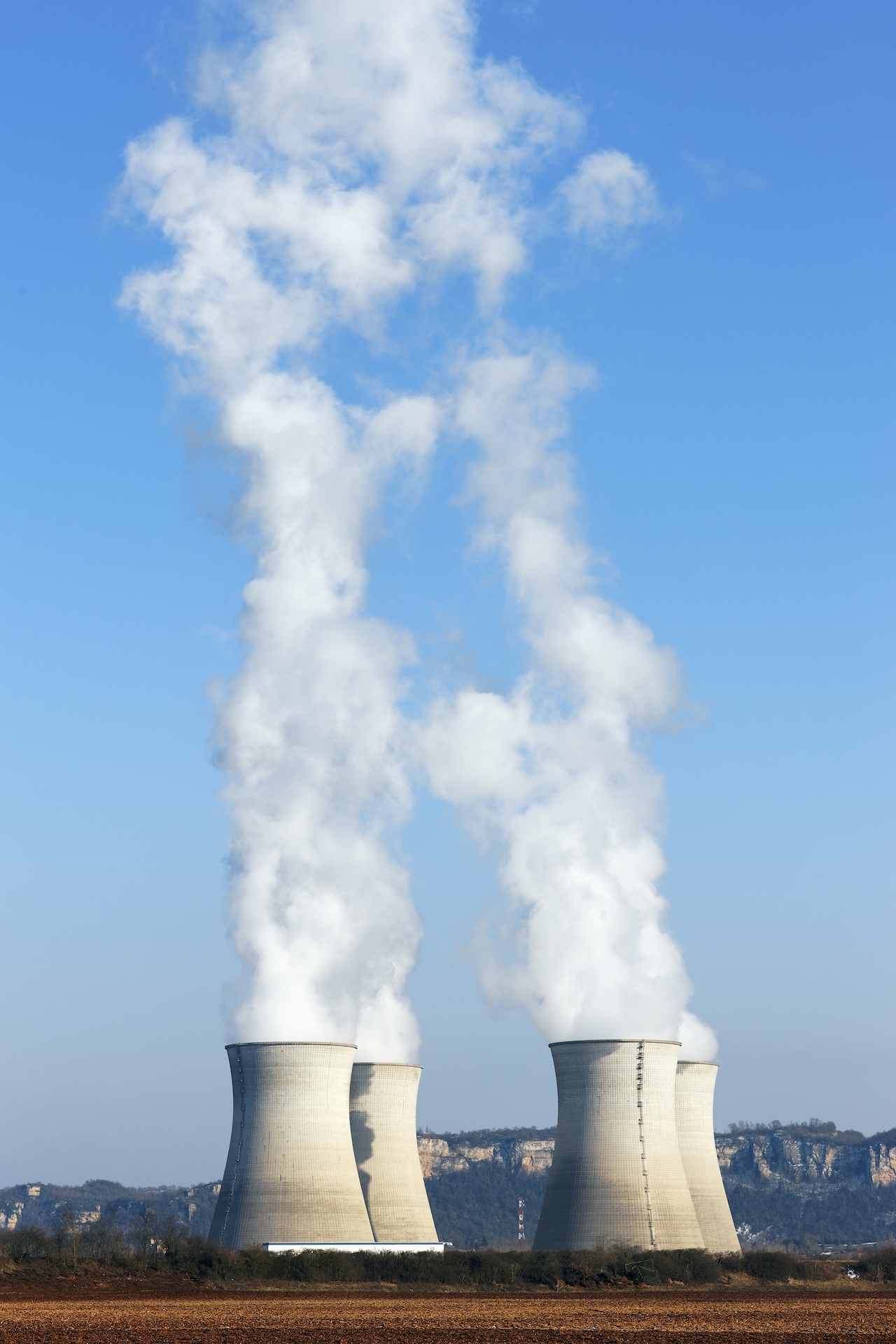Task force discusses what can actually contribute to achieving the goal of not exceeding the increase in the planet's average temperature by 1.5 ºC, as established by the Paris Agreement.
Strengthening the need for significant financial resources so that countries can prevent global temperatures from rising is one of the priorities that Brasil wants to address during its presidency of the G20.
The G20 countries hold 80% of the world's GDP and around 80% of the world's emissions of polluting gases. According to Ambassador André Aranha Corrêa do Lago, Secretary for Climate, Energy and Environment at the Ministry of Foreign Affairs, Brasil's effort is to discuss what can actually contribute to achieving the goal of not exceeding the increase in the planet's average temperature by 1.5 ºC, as established by the Paris Agreement and reiterated by COP28 in Dubai.
"Following Brasil's presidency of the G20, we're going to have the presidency of BRICS and the presidency of COP30. So, what we are trying to do is ensure that there is coherence in how the world is going to deal with the climate emergency over the next two years and I think there are great expectations of Brasil in this regard," said the ambassador.
He recalled that the consequences of rising temperatures are negative for the entire planet and, especially in Brasil, would have a brutal effect on natural rain cycles. This, in the ambassador's view, reinforces the importance of coordinating with another G20 task force proposed by the Brazilian presidency: the Global Alliance against Hunger and Poverty.
Tatiana Rosito, Secretary for International Affairs at the Ministry of Finance and coordinator of the Finance Track, emphasized the need to readjust action and readjust finances. "This means rethinking the role of the state, of the different countries, in the call to action to combat climate change and also debating how to meet the call to action in terms of mobilizing financial resources," she said.
The theme of readjusting finances works on three levels. The first relates to the regulation of the international financial system and how it can be capable of generating a movement of public and private financial resources, especially in developing countries. The second refers to policies to make resource mobilization possible and the third involves the work not only of multilateral development banks, but also of public, national and regional banks.

According to the head of the Central Bank's Consultancy for Relations with International Organizations, Paulo Mamede, the Central Bank's contribution lies in seeking a standard for the financial reports of institutions and companies in order to bring transparency to investors. And thus contribute to the interest in allocating resources to climate action.
After two days of meetings, the team is optimistic. "We've seen a very engaged and purposeful approach from all the countries and international organizations involved in making comments and suggestions to improve the agenda and the results of this working group," said Project Coordinator Hugo Mendes, from the Ministry of the Environment and Climate Change.
The Task Force for Global Mobilization against Climate Change is new to the G20 and was proposed by President Lula. It is responsible for promoting dialogue between governments, financial institutions and international organizations to help implement the objectives of the United Nations Framework Convention on Climate Change and the Paris Agreement. The next meeting of the Task Force is scheduled for April 4 and 5 in Brasilia.
Tribute to Advisor Daniel Machado da Fonseca
During the meeting, a tribute was paid to the memory of Advisor Daniel Machado da Fonseca, a Brazilian diplomat who coordinated the Task Force for Global Mobilization against Climate Change. He died during a work mission on March 3 in Kigali, Rwanda.






